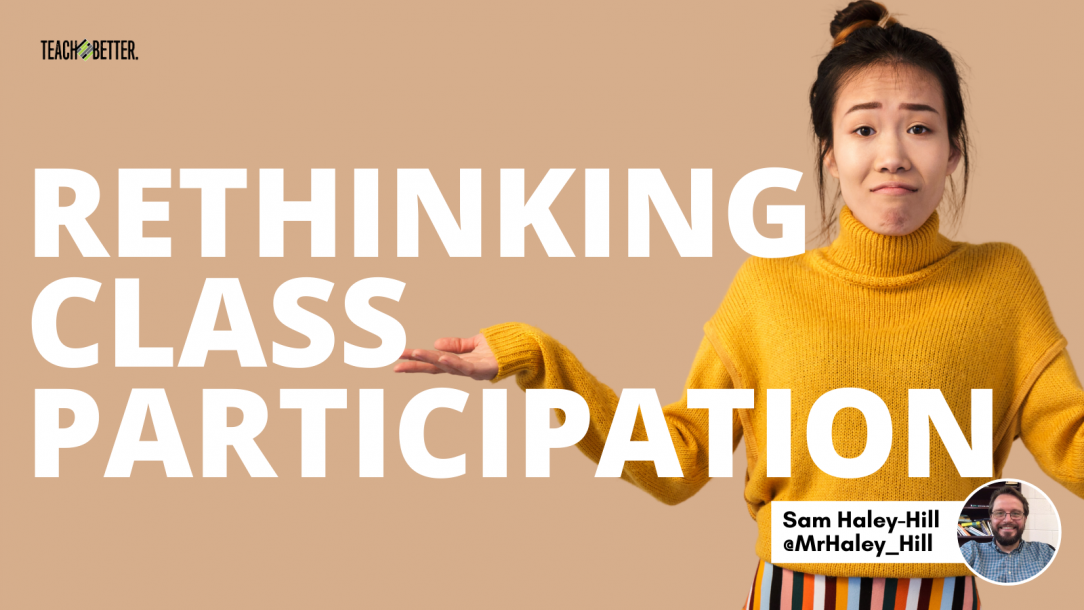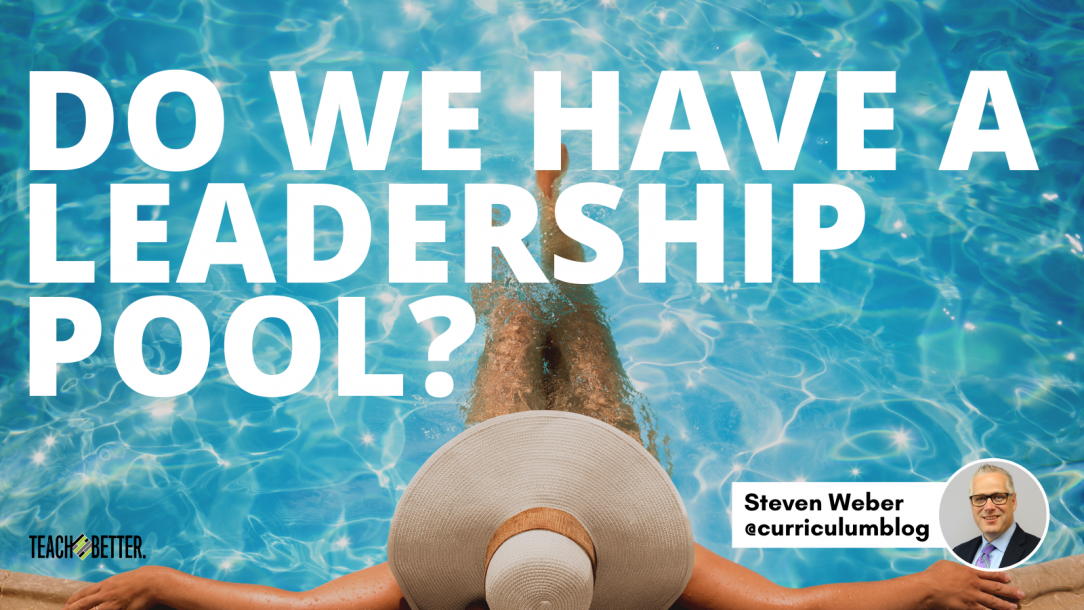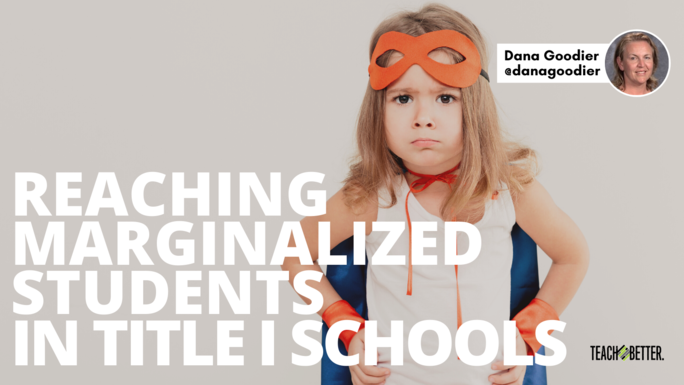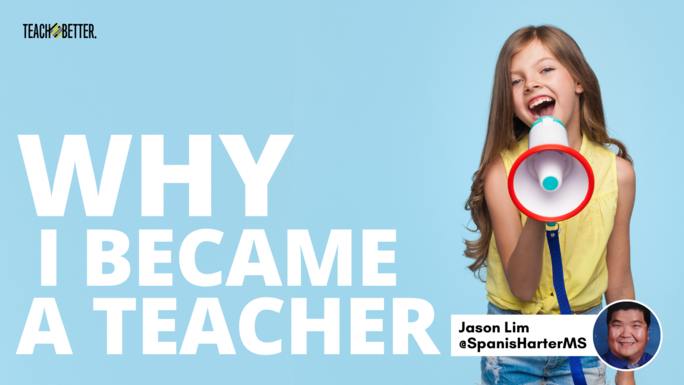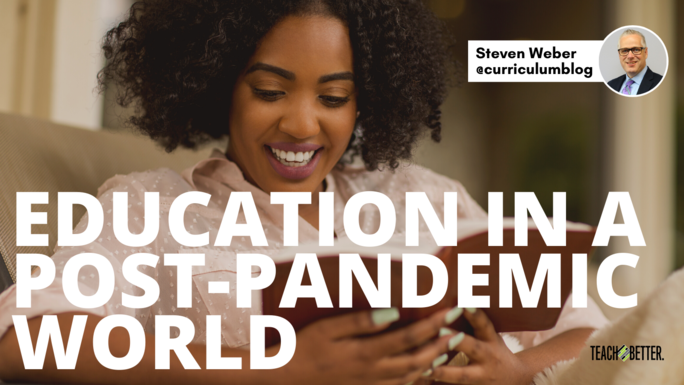TL;DR: Remote and hybrid learning environments demand that we reconsider our understanding and perspective of class participation. There are many different ways students can participate, a number of which that don’t involve verbal interactions. Participation is shown through volunteering answers, asking questions, following the teacher’s instructions, completing work in a timely manner, helping others, actively listening, coming to class with … Read More
Do We Have A Leadership Pool?
TL;DR: As the role of the administrator changes, districts need to reflect on the number of individuals in the district’s leadership pool. Keep in mind who are the next potential candidates to serve as principal or assistant principal. District leaders need to be intentional about developing leaders who will be ready to assume school leadership roles. When you hear the … Read More
Reaching Marginalized Students in Title I Schools
TL;DR: Being well-versed in trauma-informed practices is essential when working with marginalized students. Reach marginalized students by embracing a shift in school culture and reflecting on why previous ideas fell flat. Enlist faculty to assist you. And realize that lasting changes will occur if you and your staff have the willingness to do what it takes. Much focus has been … Read More
Why I Became a Teacher
TL;DR: A teacher can easily have either a positive or negative influence on learners. Choose your words and actions wisely. As an educator, our superpower is to shape and mold today’s learners so they can be valuable members of society. When I was in grade school, I had some amazing teachers. I remember one time where one teacher, Ms. Inman, … Read More
Education in a Post-Pandemic World
TL;DR: To prepare for education in a post-pandemic world, there are a number of questions that school teams should consider. These questions range from reflecting on how schools will look in the future, what we have learned about equity and the needs of our students, trauma-informed schools and classrooms, master schedules, social-emotional learning, and more. Uncertainty and disruption are two … Read More

